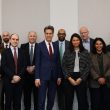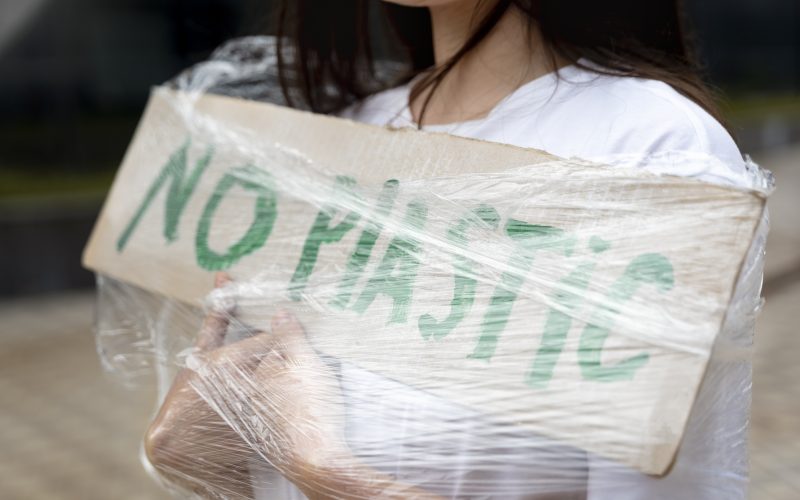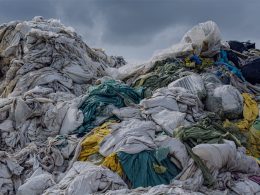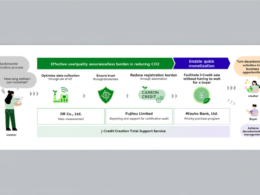Efforts to finalise a historic global treaty to curb plastic pollution stalled on Monday, as deep divisions between over 100 nations advocating production limits and a handful of petrochemical-producing countries opposing such measures left negotiators at an impasse.
The fifth meeting of the UN Intergovernmental Negotiating Committee (INC-5) aimed to deliver a legally binding treaty addressing the global plastic crisis, but talks will now resume next year as INC 5.2 is now in the cards. Key disagreements revolved around capping plastic production, managing toxic chemicals, and securing financing for developing nations to implement the treaty.
Inger Andersen, executive director of the UN Environment Programme, acknowledged the persistent divide, calling for a renewed commitment to bridging gaps. “There is still persisting divergence,” she said.
Proposals like Panama’s—supported by over 100 nations—advocated for global targets to reduce plastic production, but alternatives that avoided capping production gained support from petrochemical giants including China, the United States, India, South Korea and Saudi Arabia. A revised treaty draft released by chair Luis Vayas Valdivieso remained riddled with unresolved options, reflecting the entrenched divisions.
Rwanda’s negotiator, Juliet Kabera, criticised voluntary measures, emphasising the need for an ambitious, binding treaty: “It is time we take it seriously and negotiate a treaty that is fit for purpose and not built to fail.”
Saudi Arabia, however, reiterated its opposition to production limits. Delegate Abdulrahman Al Gwaiz argued that proposed measures exceeded the treaty’s scope, describing the lack of consensus as a deliberate oversight.
If successful, the treaty would mark a milestone in environmental protection, akin to the 2015 Paris Agreement. However, its postponement comes in the wake of another summit—the COP29 in Baku—where negotiations on climate finance also faced delays due to procedural tactics employed by some nations.
Senegal’s delegate Cheikh Ndiaye Sylla lamented the U.N.’s consensus-only decision-making process, calling it “a big mistake” that allowed a few nations to block progress.
Environmental advocates warned that the stakes are only increasing. The Global Alliance for Incinerator Alternatives (GAIA) said, “There is little assurance that the next INC will succeed where INC-5 did not.”
Plastic production is projected to triple by 2050, with microplastics already pervasive in the environment, from fresh produce to human breast milk. A 2023 UN report identified over 3,200 chemicals of concern in plastics, disproportionately impacting women and children.
Panama’s head negotiator, Juan Carlos Monterrey Gomez, expressed frustration at the delay and said, “Every day of delay is a day against humanity. Postponing negotiations does not postpone the crisis.”





















